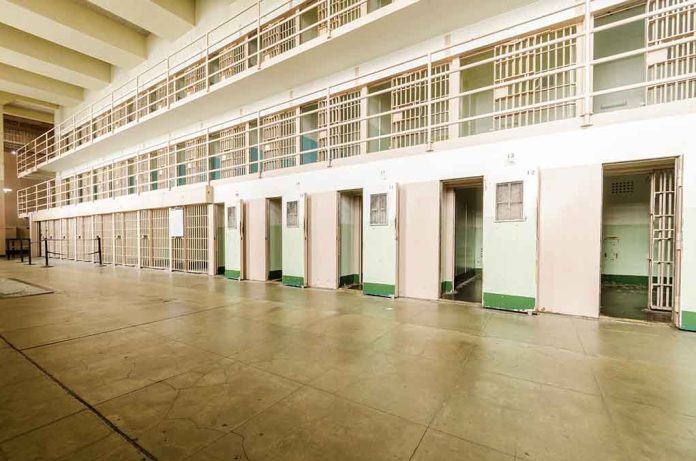
Amidst an escalating leadership crisis, Sher Abbas Stanikzai boldly challenged the Taliban’s ban on girls’ education, sparking intense debate within the ranks.
Key Takeaways
- Senior Taliban minister Sher Abbas Stanikzai fled Afghanistan amid fears of arrest after condemning the group’s ban on female education.
- His public critique highlighted the injustice affecting 20 million Afghan girls and women.
- Stanikzai’s departure to the UAE emphasizes significant rifts within the Taliban leadership.
- Taliban leadership shows signs of internal division regarding the education ban.
Taliban Leadership Divides
Sher Abbas Stanikzai, a key figure within the Taliban, recently found himself at odds with the group’s stringent policies. As the political deputy of the foreign ministry, Stanikzai made headlines when he openly criticized the Taliban’s ban on female education, arguing that it contradicted Sharia law. His remarks, which took place during a ceremony in Khost province, marked the first public dissent against the Taliban’s educational restrictions, indicating a growing schism within the group.
Stanikzai’s actions highlight a significant ideological divergence within Taliban leadership regarding educational reform. The tension between progressive thoughts, as voiced by Stanikzai, and the group’s hardline stance creates a volatile internal atmosphere. Reports suggest that Taliban Supreme Leader Hibatullah Akhundzada ordered Stanikzai’s arrest and placed a travel ban on him, prompting his flight to the United Arab Emirates, citing health issues. His departure underscores the fraught dynamics of the group’s leadership.
The Education Ban Controversy
The Taliban’s enforcement of a strict ban on education for females beyond the sixth grade for more than three years has created a storm of controversy. Stanikzai noted the dire implications of the policy, saying, “There is no excuse for this – not now and not in the future. We are being unjust to 20 million people.” This internal critique signals cracks within the hierarchy, with discussions led by the U.S. Special Inspector General for Afghanistan Reconstruction revealing debates among the Taliban leadership about educational reforms.
The fallout of this internal discord becomes more evident as other leadership figures, such as Deputy Minister of Interior Mohammad Nabi Omari, publicly express dissatisfaction. Omari emotionally addressed the issue, emphasizing that if girls’ education is not a religious obligation, it should at least be permissible, advocating for both religious and modern sciences. His position reflects the shifting dynamics and perspectives within the Taliban and the increasing pressures for policy reform.
Pressure for Reform Increases
Stanikzai’s call for change is not without precedent. Historically, he has stood as an advocate for female education, calling it obligatory for all, regardless of gender. Now, as the Taliban leadership faces domestic and international demands for more progressive governance, Stanikzai’s advocacy adds fuel to the debate, pushing for a reevaluation of the current policies. The power struggle between factions based in Kabul and Kandahar continues to play out, further emphasizing the group’s internal turmoil.
“May God guide us. Religious studies are allowed, so modern sciences should also be permitted.” – Mohammad Nabi Omari
The unfolding events not only illuminate the complexities within the Taliban’s ranks but also could signify a pivotal moment in Afghanistan’s governance. The international community continues to watch closely as these internal debates may lead to broader changes, reshaping the educational landscape and rights for women in Afghanistan.
Sources
1. Taliban minister ‘forced to flee Afghanistan’ after speech in support of girls’ education
2. Taliban minister who publicly opposed girls’ education ban ‘flees’ Afghanistan




